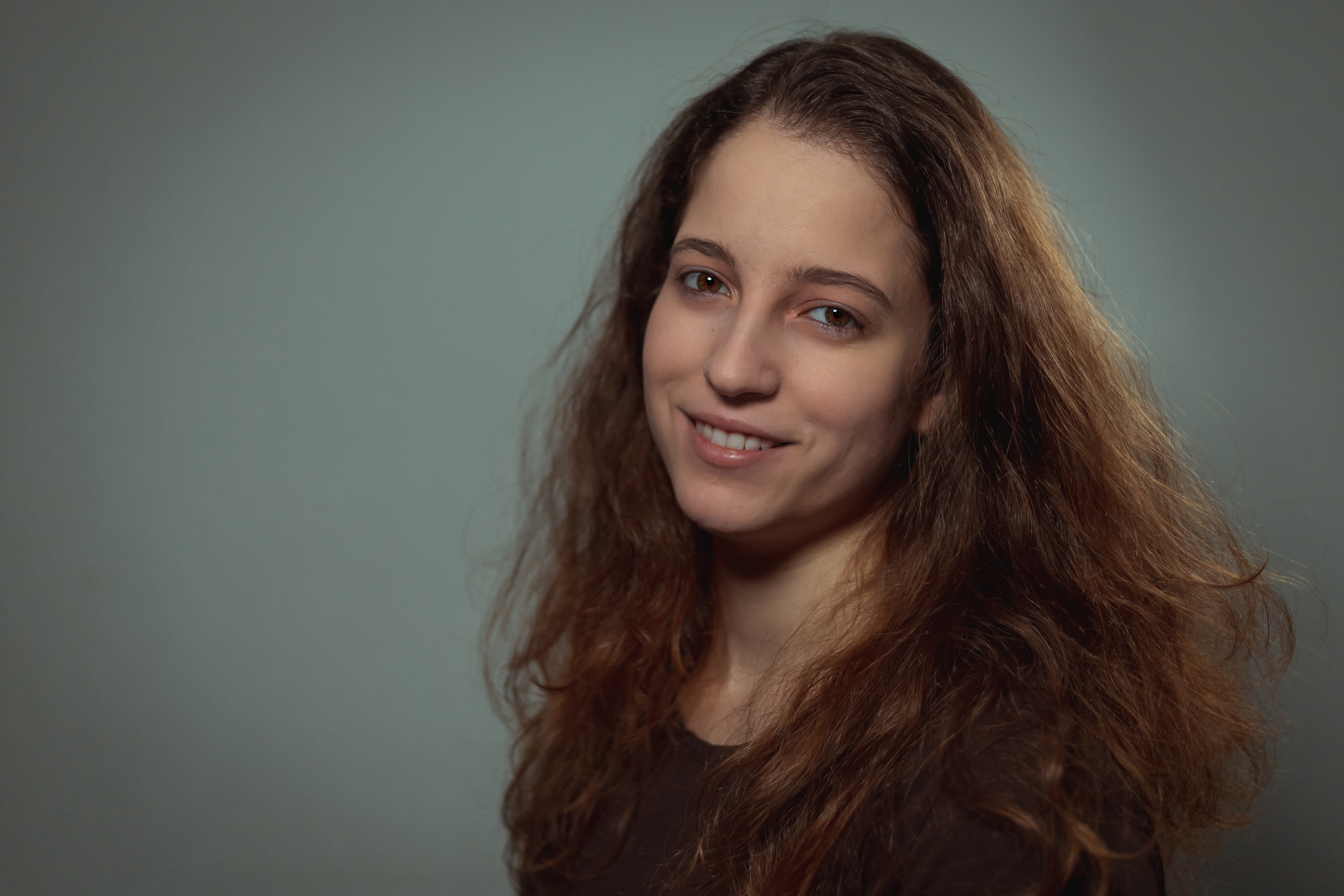About
Composer & Sound Engineer
Elena Ralli, born in Athens, Greece, lives and works as a composer and sound director in Freiburg, Germany. Her compositions include instrumental music with electronic media, performance with electronics and interactive sound installations. Since November 2024 she has been working as a trainee sound director at the SWR Experimentalstudio. After studying physics (B.Sc.) in Athens and piano (B.Mus.) in Freiburg, Elena completed a degree in electronic composition (M.Mus.). As a PhD student in the field of artistic research, she investigates the development of compositional processes through the use of astrophysical data.
